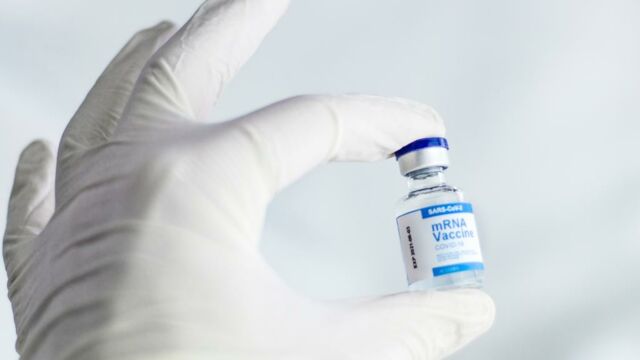Contrary to Boris Johnson's claim that lockdowns were the driving force behind the curbing of COVID-19 outbreaks, experts are now saying that the key factor in ensuring containment of the virus is the vaccine rollout program.
Discover our latest podcast
Israeli research
After research was done analyzing Israel's vaccine rollout, data found that inoculating people was far more effective in preventing the spread of the virus than locking them down for extended amounts of time. By ensuring herd immunity to be reached, lockdowns would not be needed in the first place, according to experts.
Israeli health chiefs explained that three weeks apart in between both vaccines was sufficient time for proper shielding. As a result, more than 72% of their population over the age of 16 have had both jabs making it safer for people to socialize without fear of mass contamination. The study explained that:
It is noteworthy that declines in incident cases of SARS-CoV-2 for each age group corresponded with achieving high vaccine coverage in that age group rather than initiation of the nationwide lockdown. These findings suggest that the primary driver of reductions in the incidence of SARS-CoV-2 infections was high vaccine coverage, not implementation of the lockdown.
And added:
Furthermore, even after re-openings occurred, SARS-CoV-2 incidence remained low, suggesting that high vaccine coverage might provide a sustainable path towards resuming normal activity.
Immunity and effectiveness
Latest figures surrounding the effectiveness of the Pfizer vaccine have shown that receiving both jabs can provide immunity by 95% in all age groups as well as preventing death by 98.1%.
And while lockdowns can slow down the spread of the virus it doesn't fight against it if contact is to happen between one infected person and one that is not. Dr Peter English, a past chairman of the British Medical Association's public health medicine committee, explained that:
Taken together with data from other studies showing that people who became infected despite having had at least one dose of vaccine were less likely to be infectious, this is extremely reassuring.















